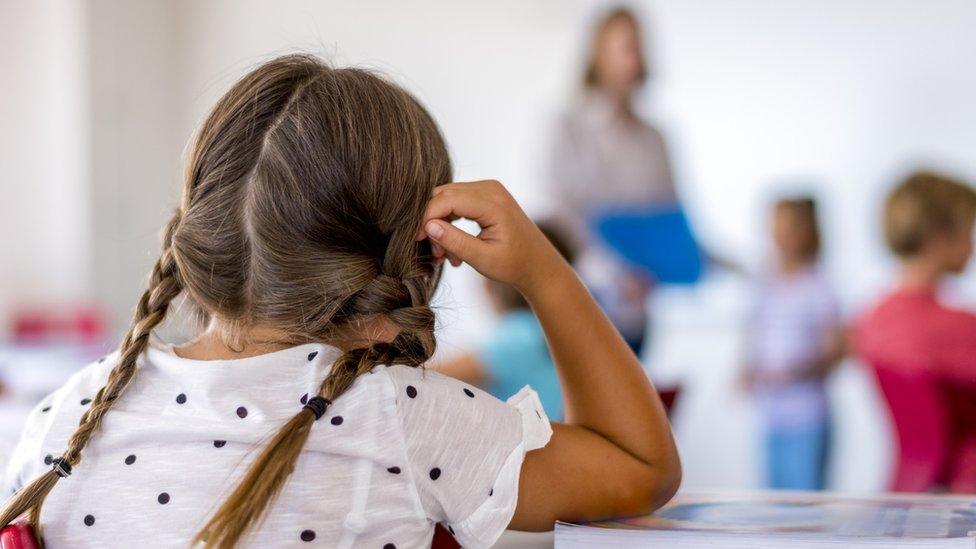Bristol young children suffering from impact of pandemic
- Published
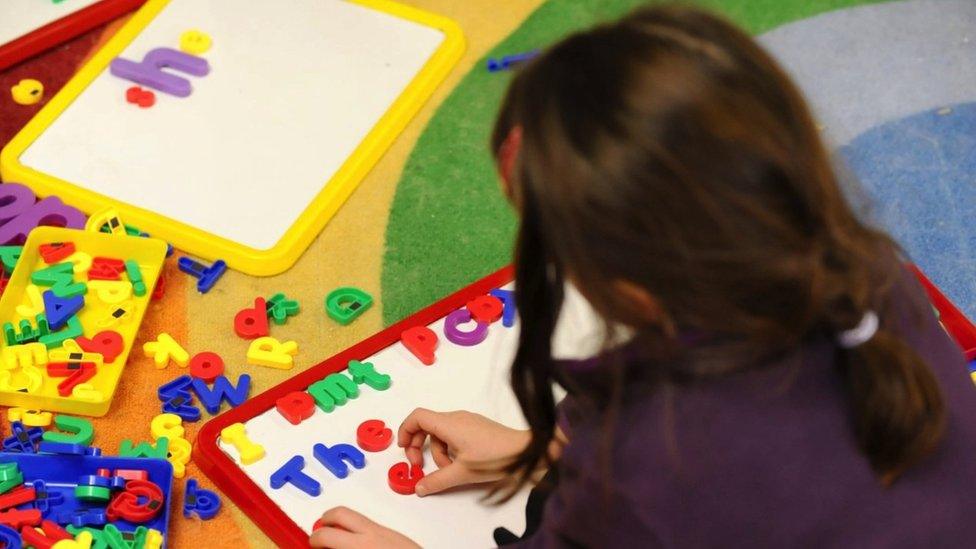
Headteachers discussed the problems young children are experiencing at a schools forum
Young children thought to have special educational needs and disabilities (SEND) could instead be suffering from trauma and Covid issues.
Headteachers in Bristol said a lack of social interaction during lockdown, or traumatic events, might be causing issues similar to autism.
However, with a "nurturing approach", they could get back on track.
The comments come as demand for SEND support in early years education is rapidly increasing in the city.
Headteachers told a schools forum at Bristol City Council that restrictions from the pandemic have created a vast range of problems, according to the Local Democracy Reporting Service.
'Hard to unpick'
Lockdown meant that some children have never met health visitors and had a lack of social interaction during their early years.
Simon Holmes, headteacher of St Philip's Marsh Nursery School, said: "Children's behaviour that's seen as SEND is possibly due to trauma, it's really hard to unpick."
He said parents are finding that their children have complex needs, such as speech delays.
"But is this due to lack of early experience with play groups, meeting other parents, or a lot of screen time?" he said.
"There's quite a lot of complex issues. But people maybe think 'is my child autistic?' because of a communication and language problem.
"Maybe it's not autism, but that child's need is there," added Mr Holmes.
'Nurture approach'
Over the past five years, twice as many children in Bristol have required SEND support in early years education.
Tonya Hill, headteacher of New Fosseway School, said with the right support in place, "adversely affected" children would still do well at school.
"Actually what it is, is a trauma that has changed their brain, the way that they work, but putting in those interventions, having that nurture approach or whatever approach it might be, will actually put them back on track.
"And rather than being labelled, actually it's something that can really support them," she added.

Follow BBC West on Facebook, external, Twitter, external and Instagram, external. Send your story ideas to: bristol@bbc.co.uk , external
- Published22 March 2023
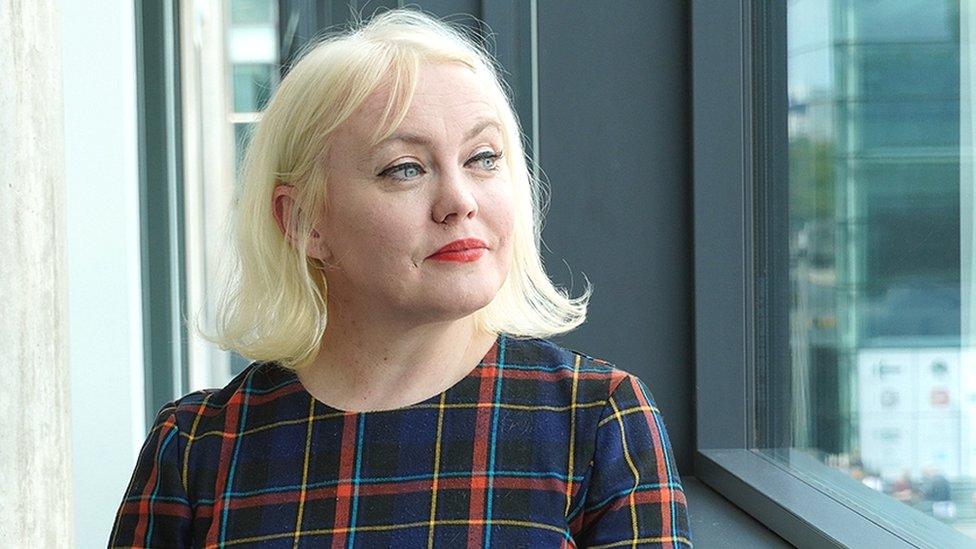
- Published23 February 2023
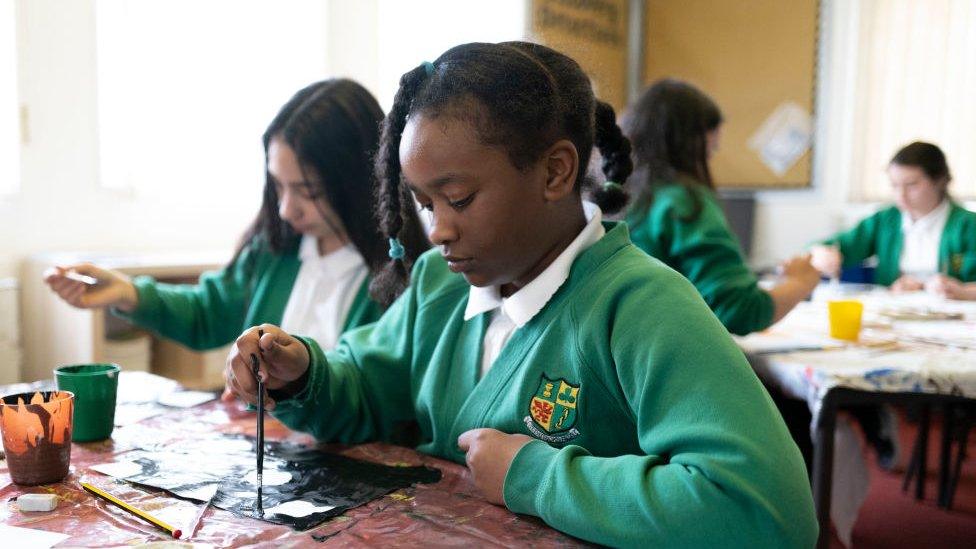
- Published16 December 2022
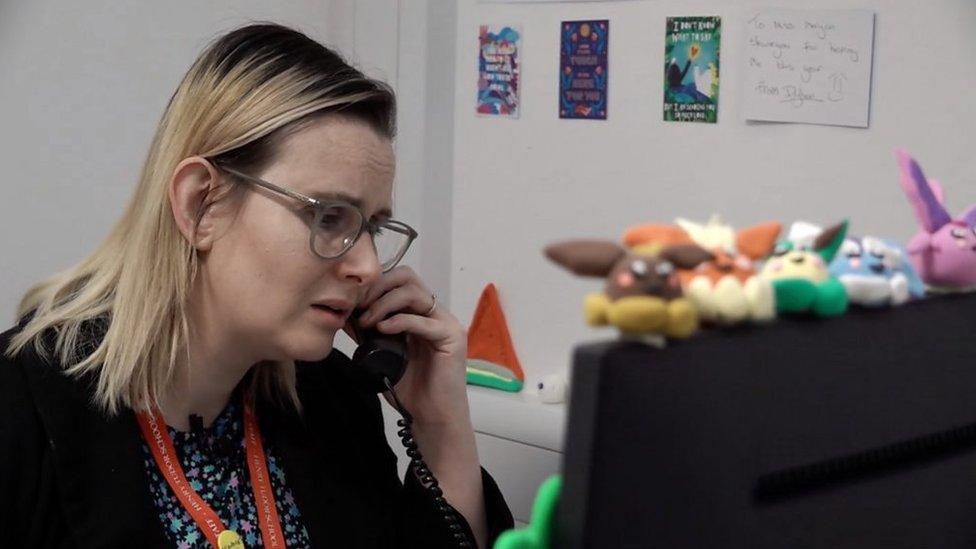
- Published13 December 2022
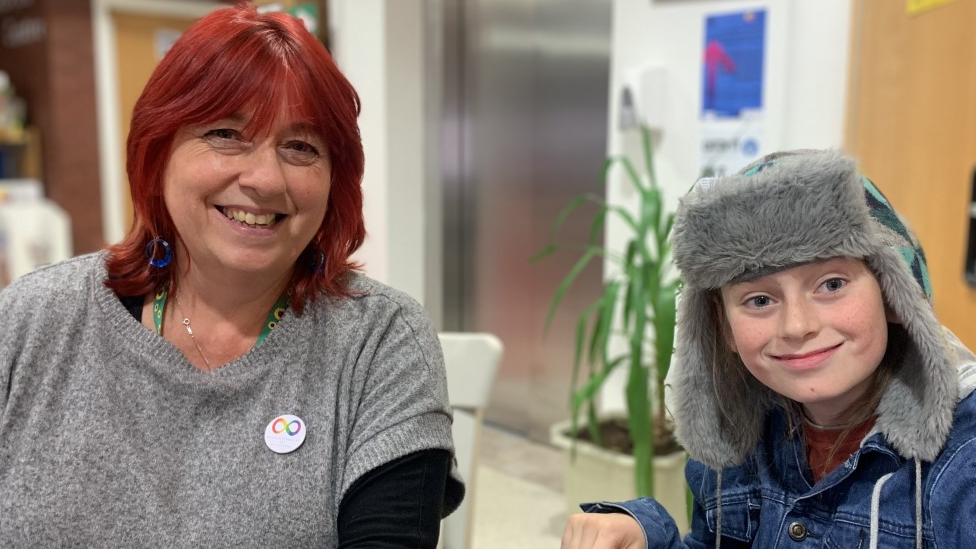
- Published24 July 2021
